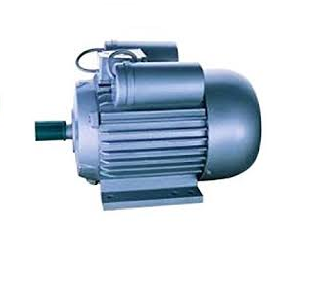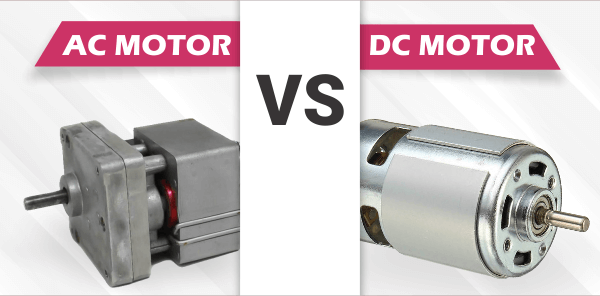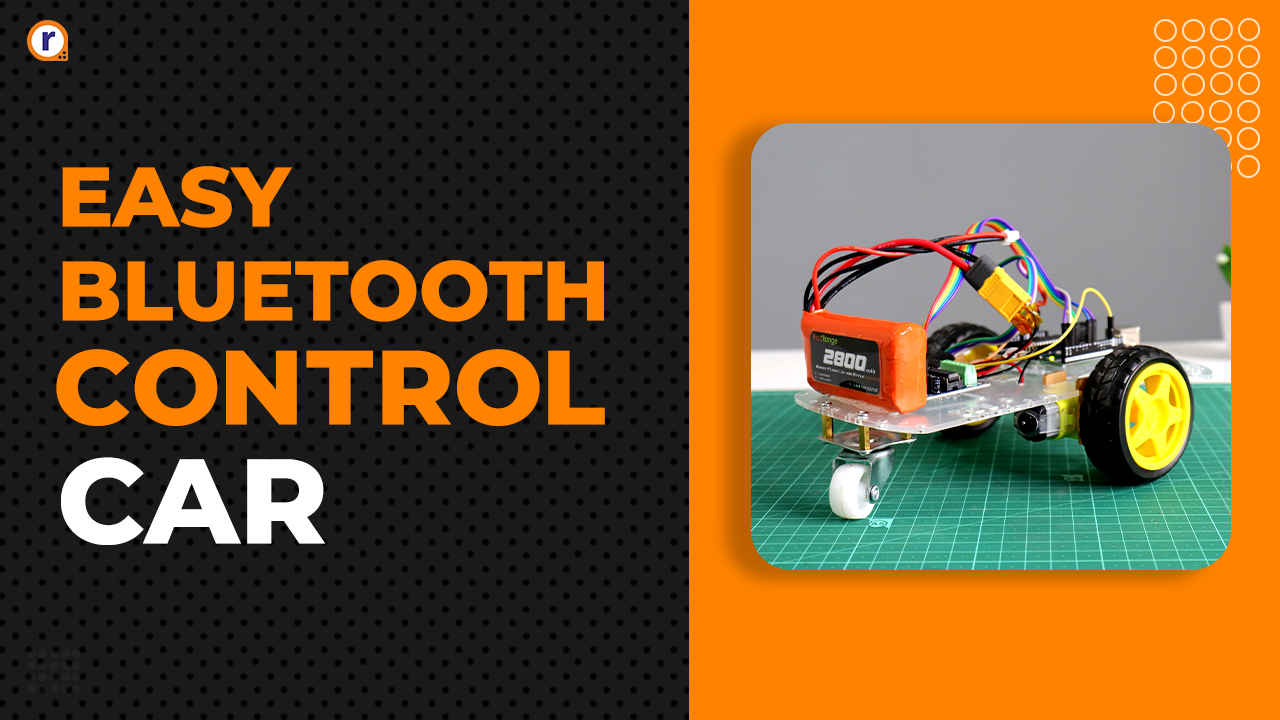Difference Between AC Motor and DC Motor
Before knowing the difference between AC motor and DC motor. It is important to know the in-depth details about motor. By knowing the details of the Motor, one can easily

Before knowing the difference between AC motor and DC motor. It is important to know the in-depth details about motor. By knowing the details of the Motor, one can easily understand the differences and relate the points comfortably.
What is Motor?
A motor is a machine that converts electrical energy to mechanical energy. In another word, the electrical energy is a “battery” and the mechanical energy is the “rotation. To learn more about motors, visit electric motor and check out the related details
Therefore, increasing motor efficiency is expected to have a significant impact on the global energy crisis. Based on the drive power, there are two types of motor- AC motor and DC motor.
Types of Motor
There are mainly two types of motor and they are AC motor and DC motor.
1. AC Motor:
The motor that converts the alternating current into mechanical power by using an electromagnetic induction phenomenon is known as an AC motor. This motor is driven by an alternating current. The stator and the rotor are the two most important parts of the AC motors. The stator is the stationary part of the motor, and the rotor is the rotar.
2. DC Motor:
The DC motor is the motor which converts the direct current into the mechanical work. It works on the principle of Lorentz Law, which states that the current carrying conductor placed in a magnetic and electric field experience a force. To learn more about DC motors, visit Working Principle of DC motor and check out the related details.
MUST READ ON DC MOTORS:
- Different Types of DC Motor
- Working Principle of DC Motor
- Speed Control of DC Motor
- Applications of DC motor
What is the Difference Between AC and DC motor?
By knowing the difference between AC and DC motor, you can choose the right motor for your particular demonstration. For engineering aspirants also, this topic holds extreme importance.
In this article, the detailed difference between AC and DC motors in tabular form is given for easy understanding.
Parameters |
AC Motors |
DC Motors |
| Definition | It is an electric motor which is driven by an alternating current (AC). | DC motors is also a rotatory electric motor which converts DC energy into mechanical energy. |
| Types | Synchronous AC motor and Induction AC motor. | Brushed DC motor and Brushless DC motor. |
| Current input | Operated on Alternating current | Mostly operates on DC current. In case of DC series motor, the motor might run with AC supply. |
| Input supply phases | AC motors can run on both single phase and three phase supplies. | DC motors can run only on single phase supply. |
| Commutators and Brushes | In Ac motor, Commutators and brushes are absent. | In DC motor, Commutators and carbon brushes are present |
| Starting of motor | A three-phase AC motor is self-starting but the single phase AC motor requires a starting mechanism. | DC motors are always self-starting in nature. |
| Armature Characterstics | the armature is stationary while the magnetic field rotates. | the armature rotates while the magnetic field remains stationary. |
| Input terminal | Three inout terminals- RYB | Two input terminal- positive and negaive |
| Speed control | The speed of an AC motor can be changed by varying the frequency | speed can be controlled by changing the armature winding’s current. |
| Load change | AC motors show a slow response to the change in load. | DC motors show a quick response to the change in load. |
| Life Expectancy | Since AC motors do not have brushes and commutators, they are very rigged and have a high life expectancy. | The brushes and commutators in DC motors limit the speed and reduce the life expectancy of the motor. |
| Efficiency | Due to induction current loss and motor slip, the efficiency of AC motor is less. | The efficiency of DC motor is high as there is no slip and induction current loss. |
| Maintenance | AC motors require less maintenance as brushes and commutators are absent. | DC motors require excessive maintenance due to the presence of brushes and commutators. |
| Applications | AC motors are required where there is a need for high speed and variable torque. | DC motors are required where there is a need for variable speed and high torque |
| Practical Uses |
They are mainly used in large industries. |
They are mostly used in small domestic appliances. |
Hope this article helps you to figure out the difference between AC and DC motor.
We at Robu.in hope that you found it interesting and that you will come back for more of our educational blogs.









